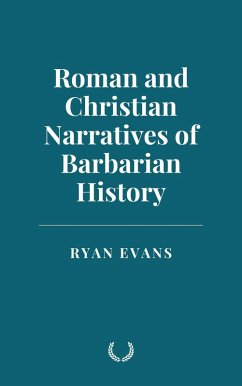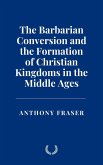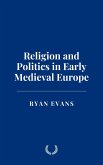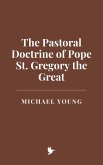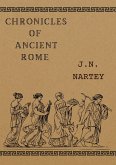Beginning with an analysis of the fall of Rome and the theological explanations offered by early Christian thinkers, it progresses through the detailed examination of key figures and eventssuch as the rise of the Carolingian Empire under Charlemagne, the conversion of the Slavs, the Norman and Viking influence, and the eventual rise of feudalism. Along the way, the book underscores how the transition from barbarian chieftains and kings to Christian monarchs set the stage for the political and cultural structures that would dominate Europe for centuries.
Through primary sources, the work highlights the role of Christian missions, monastic scholarship, and royal patronage in forging the religious and intellectual foundation of medieval Europe. Central to the book is the idea that Christianity, with its strong cultural and political implications, played a key role in shaping the legacy of barbarian kingdoms, turning once hostile invaders into legitimate rulers and participants in the Christianized world order.
This historical narrative not only addresses the rise of Christian Europe but also provides critical insight into the interplay of power, religion, and cultural identity during a transformative period in world history, offering a comprehensive look at how the convergence of Roman heritage and barbarian influences shaped the medieval European landscape.
Dieser Download kann aus rechtlichen Gründen nur mit Rechnungsadresse in A, B, CY, CZ, D, DK, EW, E, FIN, F, GR, H, IRL, I, LT, L, LR, M, NL, PL, P, R, S, SLO, SK ausgeliefert werden.

